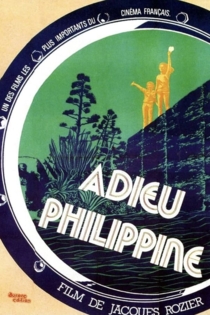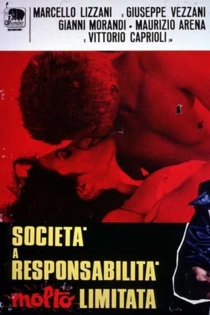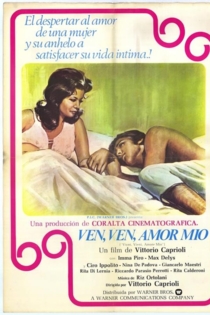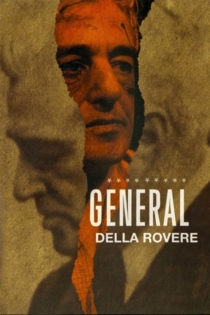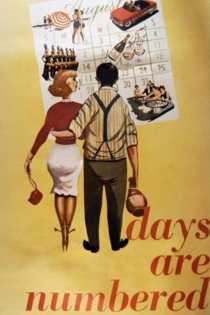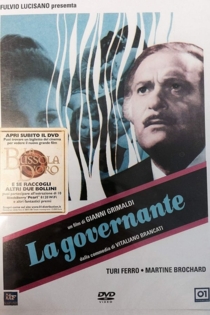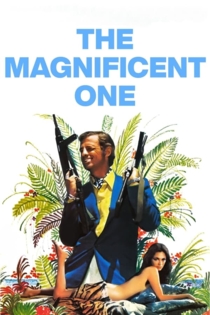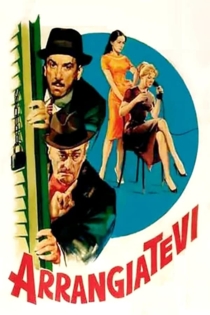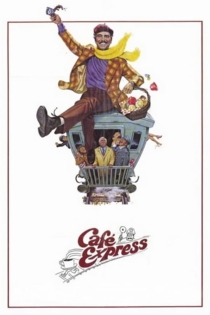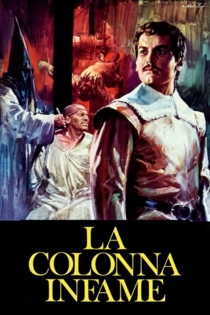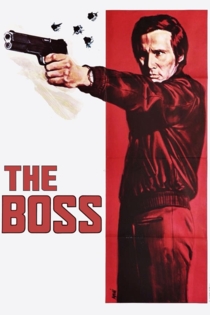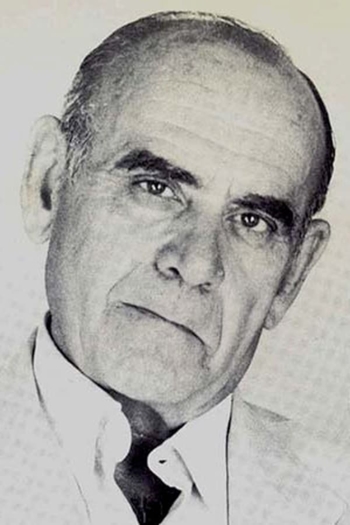
Vittorio Caprioli
1921 - 1989Caprioli was born in Naples. Having graduated from the Accademia Nazionale di Arte Drammatica Silvio D'Amico in Rome, he made his stage debut in 1942 in the Carli-Racca company. From 1945, he began his collaboration with the Italian public broadcaster, RAI, often together with Luciano Salce, creating magazine and variety programs. Arriving in 1948 at the Piccolo theatre in Milan, where under the direction of Giorgio Strehler he took part in William Shakespeare's The Tempest. At the beginning of 1950, he was cast alongside Alberto Bonucci and Gianni Cajafa for the Neapolitan Carosello musical theatrical work, directed by Ettore Giannini.
A versatile interpreter, in 1950 he founded, with Bonucci and Franca Valeri the Teatro dei Gobbi, which proposed a subtly satirical type of show. In 1960, he married Valeri with whom he presented plays. They divorced in 1974.
He appeared in cinema as a character actor and made his directorial debut in 1961 with Lions In the Sun, which was later selected to enter the list of the 100 Italian films to be saved.
He followed this with Paris, My Love and then a segment of I cuori infranti which was shown as part of a retrospective on Italian comedy at the 67th Venice International Film Festival. The Splendors and Miseries of Madame Royale in 1970 was generally considered to be his best film.
He continued to appear on stage in between his films and was occasionally tempted by television, where he began his career in 1959, but he never really loved the small screen ("I suffer more than anything because of the absence of the public, which I consider an integral and irreplaceable part of the show in which I participate"). In the Sixties he acted in Village Wooing, directed by Antonello Falqui, and in 1972 he let himself be tempted by a television variety show, which he wrote and interpreted, Una Serata con Vittorio Caprioli.
In his last years he returned to theater interpreting, among others, Don Marzio in Carlo Goldoni's Bottega del caffè, The Sunshine Boys by Neil Simon paired with Mario Carotenuto, and Capocomico in Luigi Pirandello's Six Characters in Search of an Author. During the rehearsals of a interpretation of Napoli Milionaria, he died suddenly at the age of 68, in a room of one of the famous hotels on the promenade of Naples, struck down by a heart attack.
Source: Article "Vittorio Caprioli" from Wikipedia in English, licensed under CC-BY-SA 3.0.
Paris, My Love
Vittorio Caprioli
Franca Valeri, Vittorio Caprioli
Parigi O Cara is probably the most camp in the history of Italian cinema, certainly a favourite with the GLBT community who quote its lines by heart. Unique as it's the only film where Franca Valeri (now 90) is the unquestioned star, in the role of Delia, a snobbish, stingy prostitute who is moving to Paris looking for greener and more lucrative pastures. An anti-neorealist, amoral, almost abstract comedy, which anticipates Almodóvar, a ferocious, though gentle, non-moralistic portrayal of the 60's boom and its broken dreams. The dialogue between Delia and her brother (played by Fiorenzo Fiorentini), when he does (or does not) tell her he is a homosexual, is memorable, a primordial coming-out, a masterpiece of allusions. But what makes it one of the first examples of a film with a "gay point of view" is the approach: perceptive, non-conformist, caustically witty. A film ahead of its times, still unbeaten.
Paris, My Love
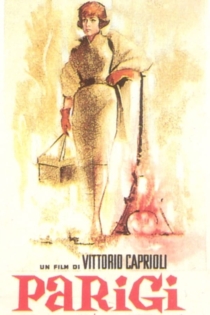
The Wing or The Thigh?
Claude Zidi
Louis de Funès, Coluche
Charles Duchemin, a well-known gourmet and publisher of a famous restaurant guide, is waging a war against fast food entrepreneur Tri- catel to save the French art of cooking. After having agreed to appear on a talk show to show his skills in naming food and wine by taste, he is confronted with two disasters: his son wants to become a clown rather than a restaurant tester and he, the famous Charles Duchemin, has lost his taste!
The Wing or the Thigh?
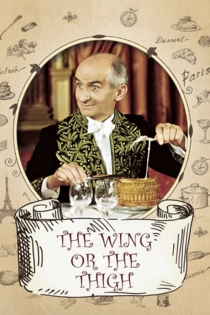
Luci del varietà
Federico Fellini, Alberto Lattuada
Giulietta Masina, Peppino De Filippo
In Italy, Checco Dal Monte manages a troupe of traveling performers with plenty of heart but minimal talent. At a small town engagement, he encounters the starry-eyed, gorgeous Lily Antonelli, and hires her as a dancer on the show. Vivacious Lily quickly sells out crowds and earns the resentment of Checco's mistress, Melina Amour, but the fledgling performer has far bigger ambitions and soon sets her sights on a higher-profile role.
Variety Lights
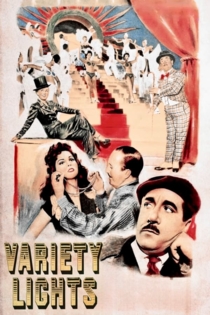
Totò a colori
Steno
Totò, Mario Castellani
In the first Italian film to be shot in color, Totò portrays a musician named Antonio Scannagatti who strongly hopes to sell his composition, "Epopea italiana", to Tiscordi, who is one of the most important Italian impresarios.
Totó in color
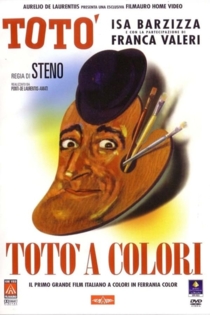
Zazie dans le Métro
Louis Malle
Catherine Demongeot, Philippe Noiret
A brash and precocious ten-year-old comes to Paris for a whirlwind weekend with her rakish uncle. He and the viewer get more than they bargained for, however, in this anarchic comedy that rides roughshod over the City of Light. Based on a popular novel by Raymond Queneau that had been considered unadaptable, the audacious Zazie dans le Métro, made with flair on the cusp of the French New Wave, is a bit of stream-of-consciousness slapstick, wall-to-wall with visual gags, editing tricks, and effects.
Zazie dans le Métro
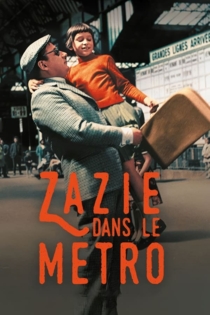
Adieu Philippine
Jacques Rozier
Jean-Claude Aimini, Yveline Cery
Michel is a young technician in the fledgling TV industry and is due for military service in two months at the time of the Algerian War. Juliette and Liliane are inseparable best friends, and aspiring actresses, who hang around outside the TV studio. Michel invites them in to watch, flirts with them both, and dates them separately and together. When Michel goes on a holiday to Corsica, just before he is drafted, the girls follow.
Adieu Philippine
